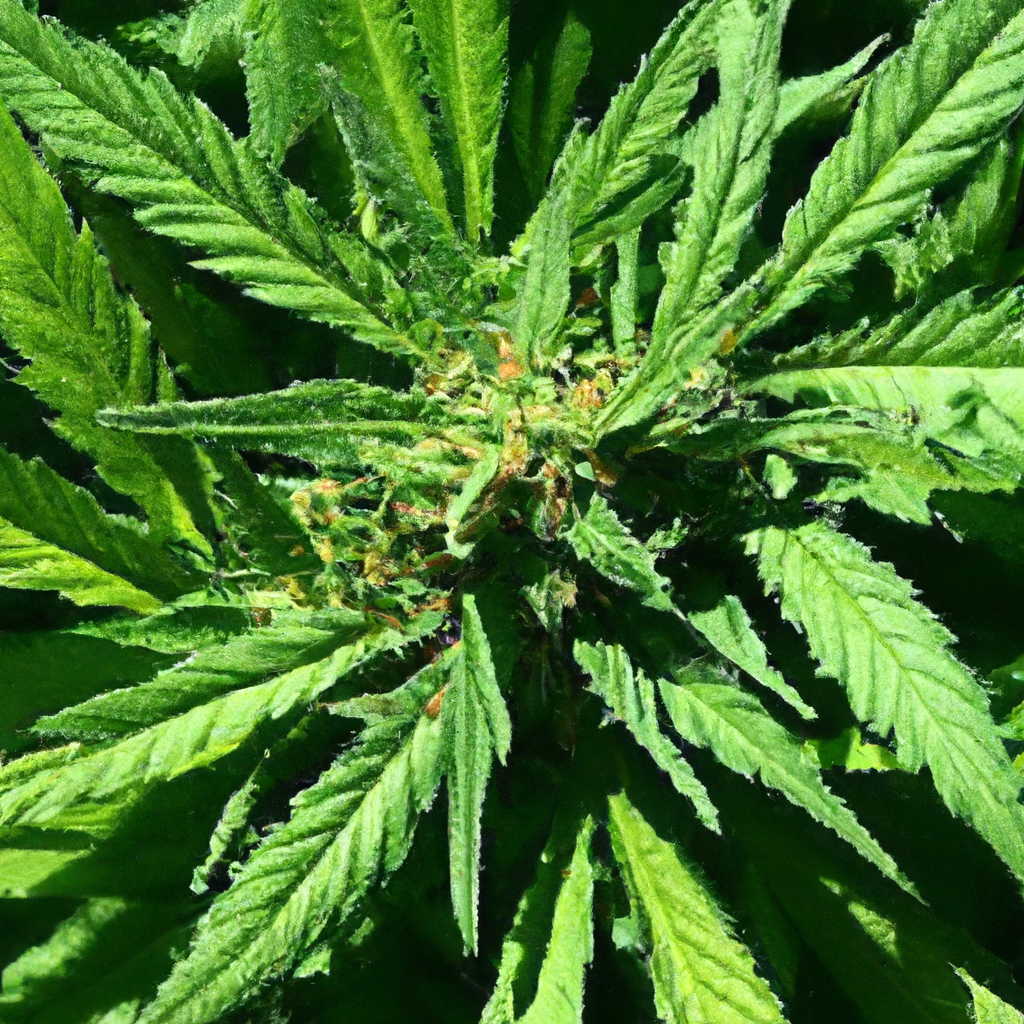Your cart is currently empty!
Introduction
In a world increasingly conscious of sustainability, organic cannabis cultivation offers an eco-friendly
gateway to growing high-quality, chemical-free cannabis. By focusing on natural fertilizers,
sustainable pest control methods, and building a healthy soil ecosystem, growers can produce superior
cannabis and contribute positively to environmental conservation. This guide will walk you through the
best practices and benefits of cultivating cannabis organically.
Natural Fertilizers for Thriving Growth
Replacing synthetic fertilizers with natural alternatives is a core principle of organic cannabis
cultivation. By using the following natural fertilizers, you enhance soil health and support plant
growth without contributing to chemical runoff:
- Compost: Rich in nutrients, compost provides a balanced mix of nitrogen, phosphorus,
and potassium. - Worm Castings: A powerful soil conditioner, worm castings improve microbial
activity and aid nutrient absorption. - Bone Meal: High in phosphorus, bone meal supports strong root growth and flower
development. - Fish Emulsion: A fast-acting source of nutrients, fish emulsion boosts nitrogen
levels for healthy plant growth.
Eco-Friendly Pest Control Strategies
Controlling pests organically protects both your cannabis plants and the surrounding environment. Here
are some effective methods for managing pests naturally:
- Companion Planting: Partner plants like basil or marigolds can repel pests and
attract beneficial insects. - Neem Oil: This natural insecticide is effective against a variety of pests, from
mites to aphids. - Beneficial Insects: Introduce natural predators such as ladybugs and predatory
mites to keep pest populations under control. - Homemade Sprays: concoct garlic or pepper sprays as a deterrent for a range of
insect invaders.
Building a Healthy Soil Ecosystem
Healthy soil is the foundation of vibrant organic cannabis growth. Prioritize the following practices to
enrich soil fertility and structure:
- Crop Rotation: Alternate cannabis with other crops to return nutrients to the
soil. - Cover Crops: Plant legumes or clover as green manure to fix nitrogen and prevent
soil erosion. - Mulch: Mulch not only helps retain moisture but also regulates soil temperature and
decomposes to add organic matter. - Microbial Inoculants: Enhance root health and nutrient uptake by adding beneficial
bacteria and fungi to the soil.
Conclusion
Organic cannabis cultivation is beneficial not just for your plants but also for the environment. By
adopting organic practices, you protect the land, water, and air while producing cannabis that is both
potent and pure. Engage in sustainability and experience the rewarding process of nurturing cannabis
naturally.


Leave a Reply